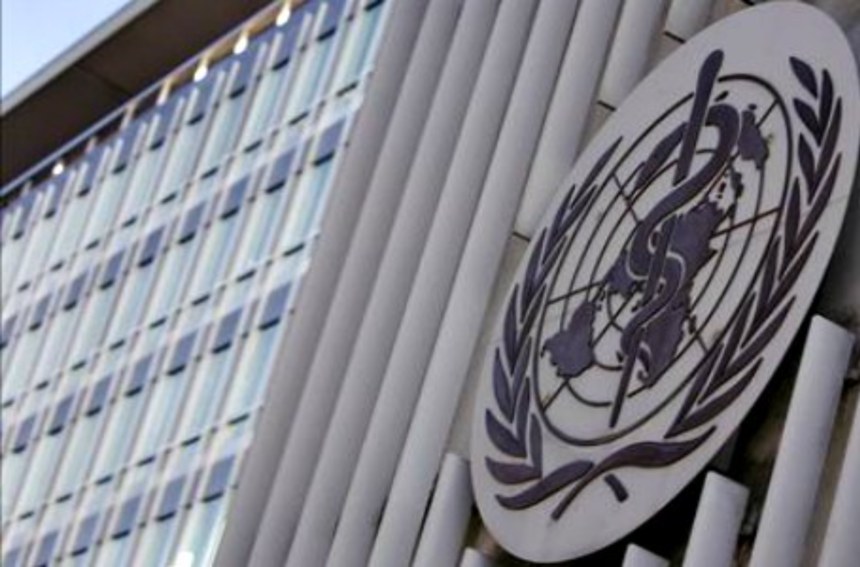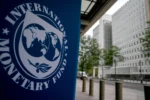Global health officials are calling for European nations to significantly increase taxes on products harmful to health, such as tobacco, alcohol, and sugary beverages. This push aims to curb chronic diseases and generate substantial revenue for healthcare systems.
Targeted Increases for Health and Revenue
The World Health Organization (WHO) has urged governments to raise the prices of these products by at least 50% over the next decade. The WHO estimates that such a measure could prevent 50 million premature deaths in the next 50 years and generate approximately $1 trillion (around €854 billion) for public budgets in the coming decade, as reported by Euronews Health and Gazeta Shneta.
Tobacco, alcohol, and sugary drinks are key contributors to diseases like cancer, diabetes, and heart disease, which account for about 75% of all global deaths. Tobacco alone claims over seven million lives annually.
Proven Effectiveness and Economic Benefits
The WHO has long recommended tax increases as an effective way to reduce the consumption of these products. For tobacco, it advises that taxes should constitute at least 75% of a pack’s price. This percentage stands at around 67% in wealthy nations and approximately 57% in lower-income countries.
“Health taxes are one of the most effective tools we have,” stated Dr. Jeremy Farrar from the WHO. “They reduce the consumption of harmful products and generate revenue that can be invested in healthcare, education, and social protection.”
Examples show mixed results: in the Netherlands, higher taxes led some citizens to buy cheaper cigarettes abroad. Conversely, the UK’s 2016 sugar tax prompted manufacturers to reformulate beverages, significantly reducing the amount of sugar consumed by children.
The WHO stresses that for low-income countries, these taxes could offset the lack of international aid and the increase in public debt.







